Armenia’s Church-State Rift Raises Alarms Over Religious Freedom and National Unity
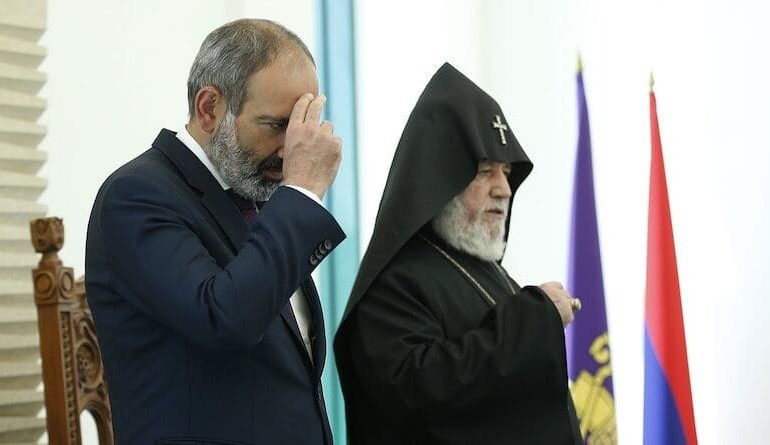
A deepening political and moral crisis in Armenia has escalated into an open confrontation between Prime Minister Nikol Pashinyan and the Armenian Apostolic Church, exposing fault lines in a nation where faith has long been intertwined with national identity.
The row, rooted in personal accusations and political pressure, now threatens to destabilize Armenia’s fragile democratic framework and erode the standing of one of its most revered institutions.
At the center of the controversy is Catholicos Karekin II, the spiritual leader of the Armenian Apostolic Church. Once widely respected for his role in post-Soviet religious revival and national reconciliation, Karekin II has come under repeated attacks from Pashinyan, who has accused him of moral failings and political subversion. The prime minister’s latest claims—that the Catholicos fathered a child and supported a coup plot—have ignited widespread condemnation and drawn sharp criticism from both domestic and international religious communities.
The Church has rejected the allegations as part of a broader “anti-clerical campaign” by the government. In a strongly worded statement, Karekin II warned that this campaign poses a “serious threat to national unity and domestic stability.” The World Council of Churches echoed those concerns, urging Armenian authorities to respect religious freedoms and avoid hostile rhetoric that could further fracture Armenian society.
For centuries, the Armenian Apostolic Church has been more than just a religious institution—it has served as a guardian of Armenian culture, identity, and nationhood through repeated foreign domination and persecution. From the Ottoman genocide to the Soviet suppression of religion, the Church stood as a symbol of continuity and resistance.
“The Church is not just a faith—it’s a pillar of Armenian identity,” said Narine Malikyan, a resident of Gyumri. “Attacking the Church is like attacking every Armenian.”
This perception is widely shared across the country, where the Church enjoys broad respect despite recent challenges. Critics of the government argue that Pashinyan’s escalating attacks on Church leaders represent not legitimate criticism, but a calculated effort to diminish a rival center of moral and social influence.
The situation escalated on June 27, when Armenian security forces attempted to forcibly detain Archbishop Mikael Adjapakhyan from the Church’s headquarters at St. Etchmiadzin. The dramatic use of force at a sacred site—accompanied by the ringing of church bells traditionally reserved for times of war or national emergency—was perceived by many as an unprecedented violation of religious space.
Observers likened the incident to the 1938 Stalin-era execution of Armenian Church leaders, a haunting comparison that underscores the trauma such acts evoke in Armenian collective memory.
The government alleges that Adjapakhyan and other clerics were involved in plotting a coup to coincide with Armenia’s Independence Day in September. Among the detained are business magnate Samvel Karapetyan, senior clergy, and opposition lawmakers. However, many in Armenia and abroad question both the timing and motives behind these arrests.
The World Council of Churches, in a rare public rebuke, expressed “deep concern” over the use of force within sacred spaces and called on Armenian authorities to respect due process and religious autonomy.
Prime Minister Pashinyan, once a popular reformist who rose to power in 2018 on the wave of public discontent against the corrupt “Karabakh clan,” now finds himself under pressure following Armenia’s loss of Nagorno-Karabakh and declining domestic approval. Some analysts suggest the confrontation with the Church is, at least in part, a political maneuver to consolidate power ahead of the 2026 parliamentary elections.
The ruling Civil Contract Party faces declining support, while the opposition remains fragmented. Nevertheless, Pashinyan’s strategy of undermining traditional institutions, including the Church, risks creating long-term instability in exchange for short-term political gain.
“Pashinyan is not just challenging the Church,” said one political observer in Yerevan. “He’s reshaping the very foundations of Armenian national identity. And that’s a dangerous game.”
The Church’s critics point to its historical ties with former elites and its wealth. Yet no credible evidence has emerged to support the prime minister’s personal attacks on Karekin II, including claims of fathering a child—accusations widely viewed as intended to discredit rather than to correct.
More broadly, this feud has raised alarms about Armenia’s commitment to religious liberty, a key pillar of democratic governance. While no institution is beyond accountability, critics argue that Pashinyan’s tactics—public shaming, inflammatory rhetoric, and targeted arrests—undermine the rule of law and threaten the peaceful coexistence of religious and political authority.
In his public statements, Catholicos Karekin II has remained measured, emphasizing unity, dialogue, and spiritual resilience. The Church has called for a return to national consensus and warned against deepening the divisions that could unravel Armenia’s already fragile civic fabric.
The unfolding conflict between the government and the Church is not merely a clash of personalities, but a defining moment for Armenian democracy and society. It is a test of whether the country can balance secular governance with respect for its religious heritage, and whether political power will be wielded with restraint or used to marginalize dissenting voices—religious or otherwise.
As international observers, including the World Council of Churches, continue to monitor the situation, the Armenian government faces a choice: pursue accountability through law and dialogue, or through confrontation and coercion.
At stake is more than political power. It is the soul of a nation that has long drawn strength from both its faith and its freedom.
With input from Al Jazeera, Eurasia Review, Azernews, and the World Council of Churches.
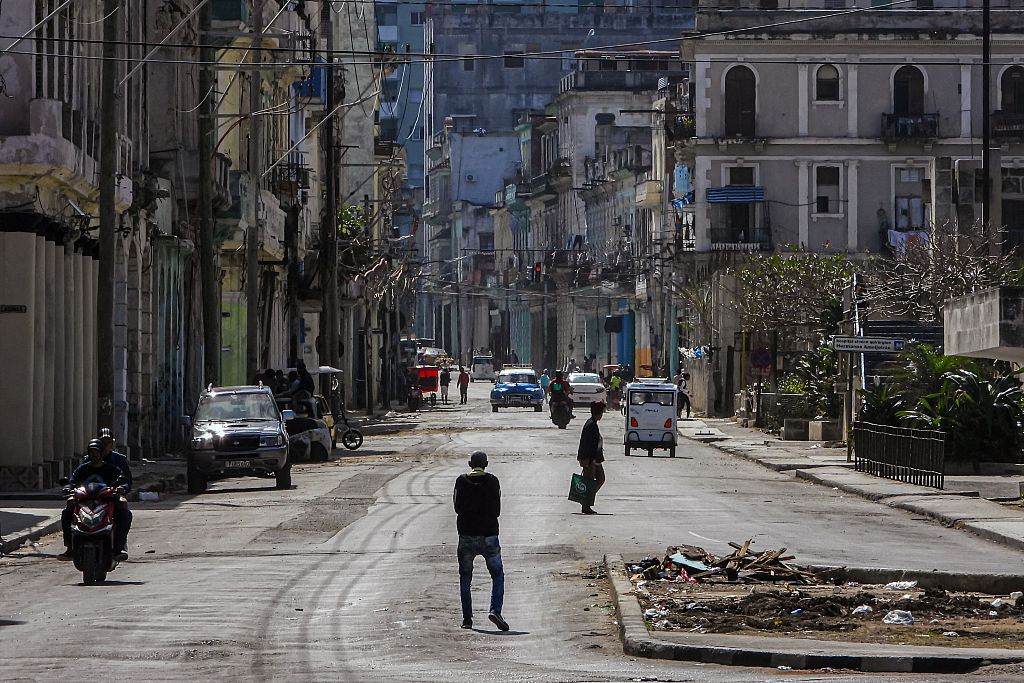
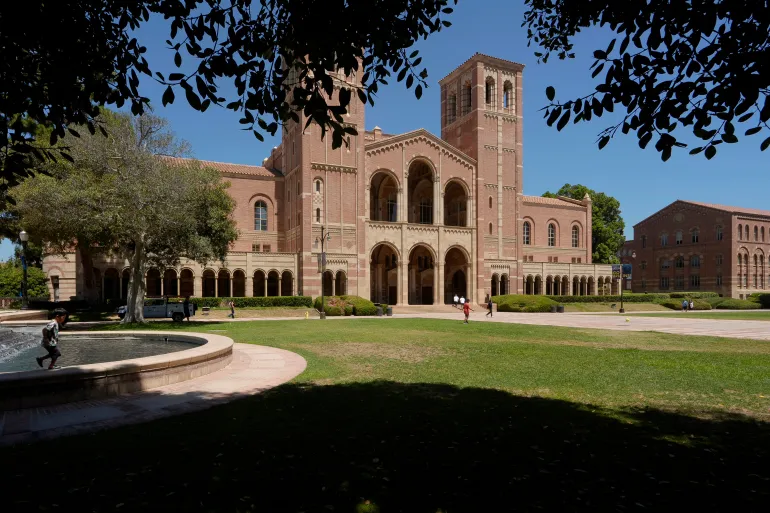

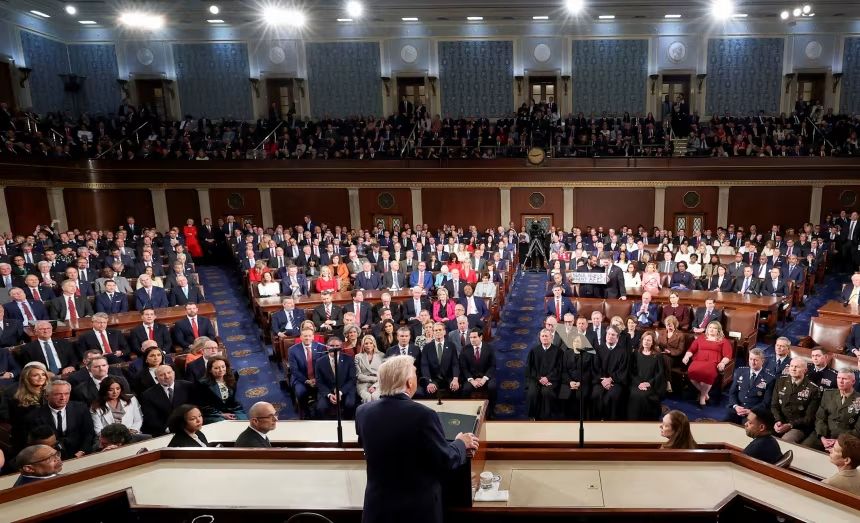
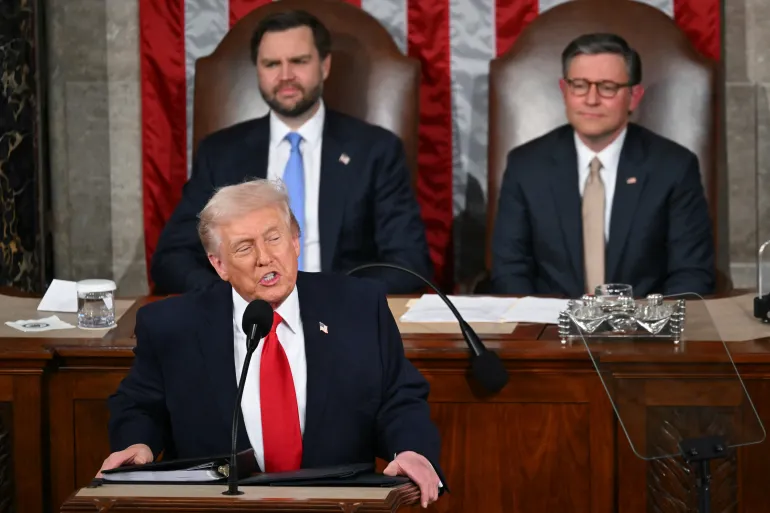




The latest news in your social feeds
Subscribe to our social media platforms to stay tuned